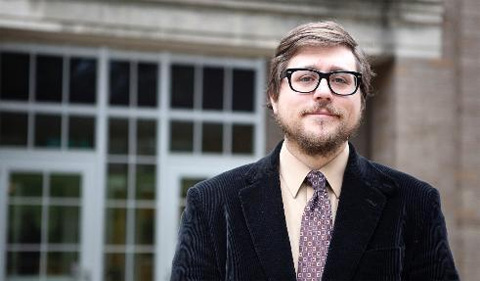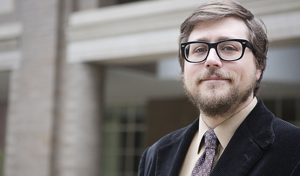A new book by Dr. Brandon Kendhammer was featured in a Washington Post review headlined “Here are the three new books you need to understand Nigeria.”
Brandon Kendhammer and Carmen McCain’s “Boko Haram” narrates and richly contextualizes the story of Boko Haram, the jihadist group based in Nigeria, tying together the observations of scholars and Nigerian journalists, analysts and authors. The authors examine Boko Haram’s own story; the insurgency’s impact on Nigerian politics and society; and the question “Who speaks for Boko Haram’s victims?” Critical of media coverage of the conflict as well as of elite Nigerians’ sometimes self-serving efforts to speak for victims, the authors note ordinary Nigerians’ “deep longing for a peaceful multireligious and multiethnic society.”
The question of who speaks for the victims appears throughout the book, as the authors deftly assess the diverse, fragmented range of people touched by the insurgency, all of whom bring both distinct perspectives and deep biases. For example, the authors show that there is no such thing as a single “Nigerian Christian perspective.” While many observers picture Nigeria as having a “Muslim north” and “Christian south,” the authors report on northern Christians’ experiences. In one insightful passage, the authors write, “Because of their experiences living alongside Muslims, northern Christians can sometimes be powerful voices against the stereotypes and misrepresentations of the region proffered by Christians in the south. Yet their histories as minorities have also made many of them suspicious of the motivations of the northern elite.” The divisions sown by the conflict, the wide circulation of conspiracy theories, the authorities’ penchant for obfuscation, and Boko Haram’s “flexibility in the face of changing circumstances” all inform the authors’ pessimistic — but justified — conclusion that Nigeria should expect more conflict.


















Comments